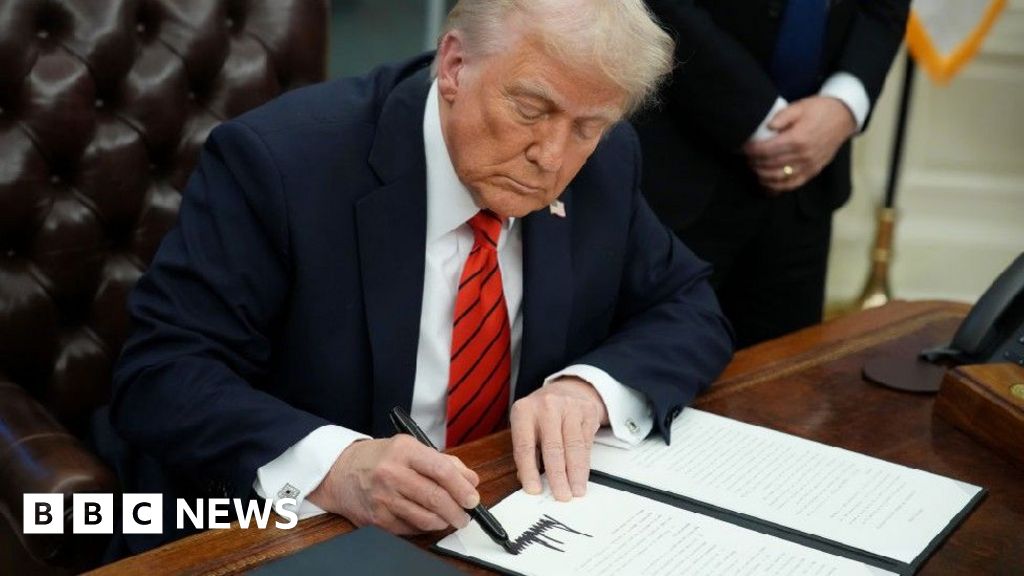Poor Hume.
Yes, U.S. Presidents have used military forces to compel states to comply with federal law or court orders in several historical instances. Here are some notable examples:
- Force Bill of 1833:
- During the Nullification Crisis, President Andrew Jackson was granted authority through the Force Bill to use the U.S. Army to enforce federal tariffs in South Carolina, which had threatened to nullify federal law.
- Reconstruction Era (Post-Civil War):
- After the Civil War, the U.S. military was used extensively in the South to enforce Reconstruction policies and protect the rights of freed slaves, often over the resistance of state governments. This involved enforcing the 14th and 15th Amendments.
- Little Rock, Arkansas (1957):
- President Dwight D. Eisenhower federalized the Arkansas National Guard and sent the 101st Airborne Division to Little Rock to enforce the desegregation of Central High School following the Supreme Court's Brown v. Board of Education decision, despite opposition from Governor Orval Faubus.
- Civil Rights Movement (1960s):
- President John F. Kennedy federalized the Alabama National Guard to enforce desegregation at the University of Alabama in 1963. Later, President Lyndon B. Johnson used the military under the Insurrection Act during the Selma to Montgomery marches in 1965 to protect civil rights activists from violence and ensure federal law was enforced.
- Los Angeles Riots (1992):
- President George H.W. Bush invoked the Insurrection Act to deploy federal troops to Los Angeles to restore order after the riots following the Rodney King trial verdict.
These instances reflect the use of federal military forces under various legal frameworks like the Insurrection Act or specific Congressional authorizations, often in response to significant civil unrest or to enforce federal court orders when states resisted compliance. The use of military power domestically by the President is typically a last resort, aimed at upholding federal law or constitutional rights when state authorities are unwilling or unable to do so.
Each case underscores the tension between state and federal powers, highlighting the President's role as both the commander-in-chief and an enforcer of federal law, sometimes against the explicit wishes of state officials. However, such actions are governed by laws like the Posse Comitatus Act, which generally restricts the use of the military in domestic law enforcement, with exceptions like the Insurrection Act providing the legal basis for such deployments.
@Grok

 www.bbc.com
www.bbc.com


